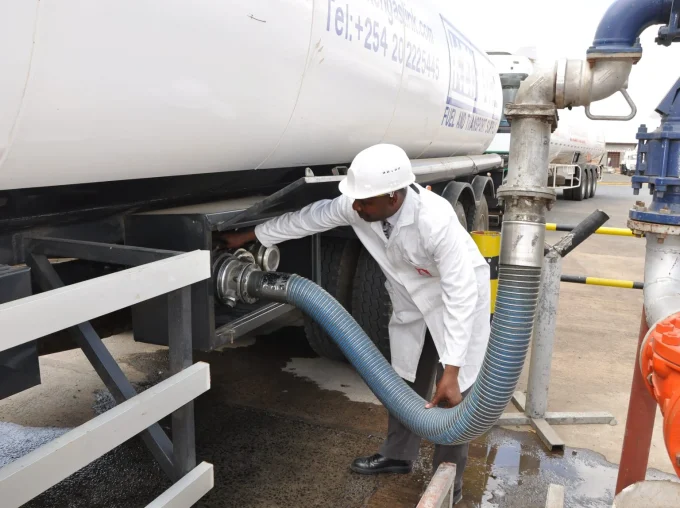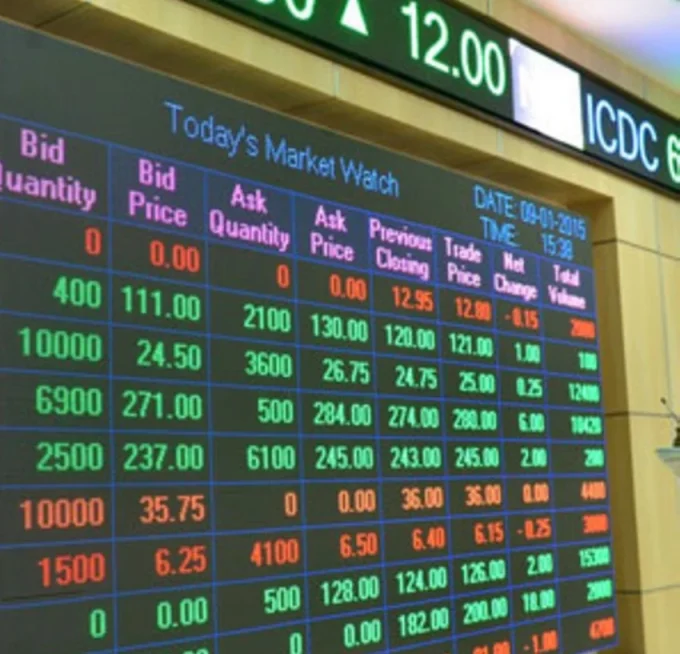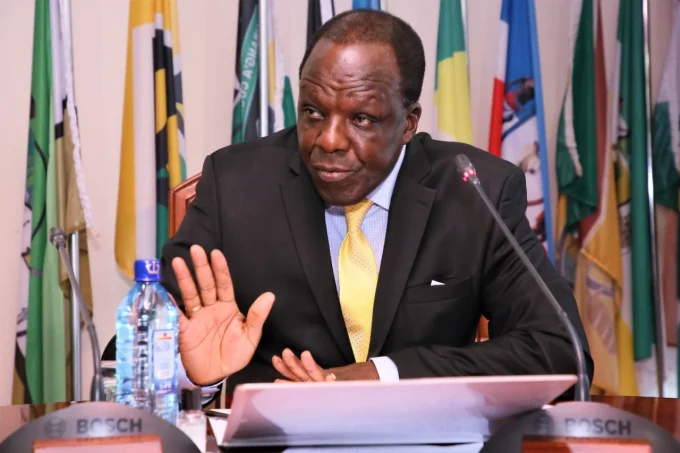Kenyans are grappling with an increase of up to 30% on lpg cooking gas prices, forcing them to dig deeper into their pockets.
In Nairobi, a 6kg gas cylinder now costs Ksh2,600 – up from Ksh1,800. A 13kg cylinder which would previously set you back Ksh2,600 now costs Ksh3,100.
Dealers have attributed the price surge to the weakening Shilling. In 2022, the Kenyan shilling lost more than 8% against the dollar, hitting record lows on multiple occasions.
They further cited the impact of taxes. The Finance Act 2022 set the tax on liquefied petroleum gas (LPG) supplies at 8 per cent, a year after Parliament had reinstated the tax after a five year absence, at 16%.
Since June 2016, lower cooking gas prices had led to usage almost doubling after the National Treasury scrapped the tax. The move was intended to drive increased uptake of LPG among low-income earners, many of whom rely on kerosene and charcoal for cooking.
READ>6 Biggest New Malls Opening in 2023 in Nairobi, Machakos
The government pushed for uptake of LPG and solar for households ostensibly to curb respiratory diseases, and rein in environmental degradation.
Ironically, the current price surge is driving an increase in the uptake of alternatives including charcoal and kerosene – as many Kenyans simply can’t afford to purchase and refill cooking gas cylinders.
Lobby groups had tried to have the return of tax on LPG supplies stopped citing the hardship it would occasion in households which continue to struggle with an economic downturn and inflation, with prices of important commodities including food and fuel rising sharply in the past year.
Cooking gas prices are not regulated by the Energy and Petroleum Regulatory Authority (EPRA) as they do petroleum or kerosene, for example. This leaves consumers at the mercy of market forces.
READ>6 Multi-Billion Kenyatta Family Companies & Assets

![Cooking gas prices are not regulated by the Energy and Petroleum Regulatory Authority (EPRA) as they do petroleum or kerosene, for example. [Photo/ Standard]](https://businesstoday.co.ke/wp-content/uploads/2023/02/zknel1p94gzqfqjilwz6081747036169.jpg)



![Interior PS Dr Raymond Omollo during a consultative meeting with Japan International Cooperation Agency (JICA) Kenya Chief Representative Shinkawa Makoto. [Photo/Dr Raymond Omollo/Facebook]](https://businesstoday.co.ke/wp-content/uploads/2026/02/Ray-200x133.webp)







Interessant!